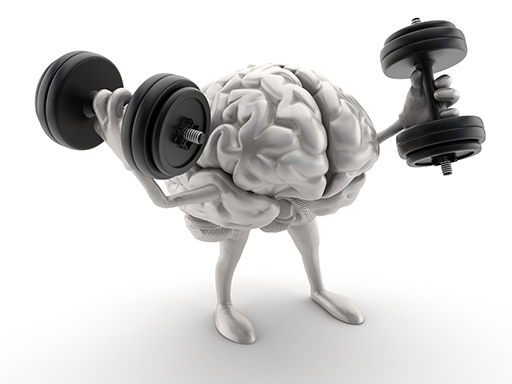Session 7: How can imagery, self-talk and relaxation help injury rehabilitation?
Introduction
Sport injury can lead to several psychological responses that can have a negative impact on rehabilitation. So it seems logical that psychological interventions aimed at helping individuals to cope more effectively with injury will have a positive impact.
As a reminder, in this course we are using the term ‘psychological interventions’ to describe the psychological techniques and strategies an individual can use. The terms ‘intervention’, ‘technique’ and ‘strategy’ are therefore used interchangeably.
You will be exploring five key techniques that have been shown to aid sport injury rehabilitation:
- imagery
- self-talk
- relaxation
- goal setting, and
- social support.
In this session you will look at imagery, self-talk and relaxation. You will look at goal setting and social support in Session 8. As you are looking at psychological interventions it is important to remember that such interventions should normally only be prescribed by a registered sport and exercise psychologist. That is not to say that understanding these interventions is not relevant to you – it is still useful to recognise their value and application so that you are able to support an injured person to get the help they need. Additionally, some of the techniques you will explore (particularly those in Session 8) can be implemented at a basic level by someone who is not a sport and exercise psychologist.
By the end of this session, you should be able to:
- understand how imagery, functional self-talk and relaxation techniques can all enhance injury rehabilitation,
- explain the benefits of psychological intervention in sport.

